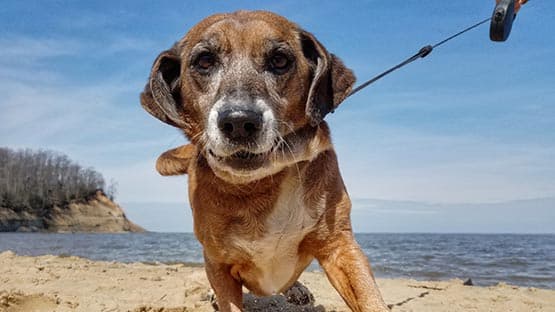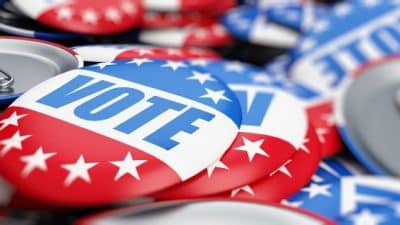
The emerging law – which is still being tweaked by the governor and lawmakers – requires voters who do not have proof of identification when they show up at the polls to cast a provisional ballot. It replaces a law that allowed voters without IDs to sign a form affirming their identity and then cast a regular ballot like everyone else.
The purpose of the new law, according to its defenders, is to prevent someone from showing up at the polls and pretending to be someone else.
The problem legislators have in defending the law is that no one ever fakes their identity at the polls. In fact, recent studies show that there is so little voter impersonation fraud that the chances of it happening are about the same as being struck by lightning.
There are reasons why voter impersonation fraud is so rare. First, the impersonator needs to know the name, address and polling place of someone else who is registered to vote and who has not yet voted on Election Day.
Second, the penalty is a felony, meaning that the impersonator must be willing to risk prison time, a hefty fine and a lifetime ban on voting in order to cast one vote in one election.
Now, how about those felons who voted illegally? It ends up none of them committed voter impersonation fraud. They signed up to vote just like everyone else, and they appeared at the polls and cast a vote in their own name.
Where they went wrong was in voting without the governor having restored their voting rights, which they lost automatically when their convictions were handed down.
It could be they committed outright fraud by purposely not checking the box on the registration form asking if they are felons. It could be an oversight. It could be more the fault of the person helping with the registration process.
Whichever of these it is, it has nothing to do with voter impersonation fraud, and Virginia’s new voter ID law won’t have any impact one way or the other on felons voting. None.
The ID law will, however, impact the elderly, racial minorities and low-income people, the segments of our population least likely to bring IDs with them to the polls, according to studies.
It is hard to tell how many Virginia voters will be affected by the new law, but typically 5,000-12,000 legitimate voters show up at the polls on Election Day without IDs.
There may be no connection between the voter ID law and felons voting, but they are related. For the most part, the same lawmakers who passed the ID law support Virginia’s felon disenfranchisement law, a Jim Crow product that found its way into the state constitution along with poll taxes and literacy tests for the express purpose of preventing African-Americans from voting.
Virginia is tied with a couple of other states for having the most punitive felon disenfranchisement law in the nation. In most states, the right to vote is automatically restored once felons have completed the terms of their sentences. Felons here are banned from voting for life unless the governor issues something akin to a pardon.
An estimated 375,000 people cannot vote in Virginia because they have felony convictions. Recent governors, including McDonnell, have increased the pace of restoring individual voting rights, but they still issue only about a 1,000 restorations a year. This amounts to a few drops in a big bucket that is continuously being refilled with newly released felons.
The law will deal with the felons who voted illegally in Virginia, but it won’t be the new voter ID law. That law is completely unconnected to the felons who are being prosecuted for voting without having their rights restored, and had it been in place during recent elections it would not have prevented a single one of them from going to the polls, identifying themselves and casting a ballot.
Kent Willis is the executive director of the ACLU of Virginia.










